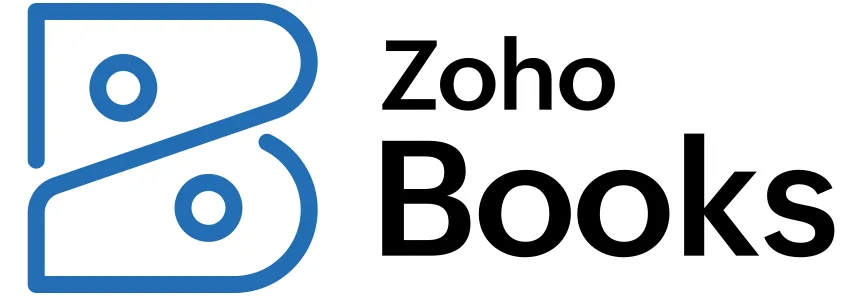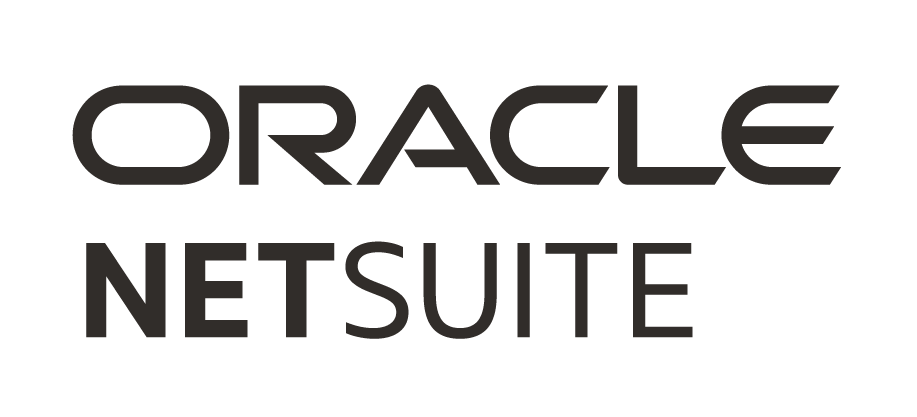Compare the Leading Accounting Software in 2024.
- Last Updated: July 2024
- Established: 2011
- Achievement: Zoho Books has received several awards, including the Expert’s Choice Award, Supreme Software Award, and User Experience Award in 2019.
- Features a user-friendly interface that streamlines invoicing, expense tracking, and bank reconciliation tasks.
- Supports automation for recurring tasks and compliance with tax regulations, making it a robust choice for managing business finances.
- Integrates seamlessly with other Zoho applications and third-party tools, enhancing its versatility and functionality.
- Established: 2018
- Achievement: Melio was recognized by USA Today as one of the Best Free Accounting Software in 2024, a testament to its quality and reliability.
- Provides an intuitive, user-friendly platform that allows businesses to schedule and make payments effortlessly, improving cash flow management.
- Supports a variety of payment methods, including bank transfers and credit cards, making it highly versatile for business needs.
- Integrates seamlessly with popular accounting software like QuickBooks, enhancing financial oversight and simplifying bookkeeping processes.
- Established: 1998
- Achievement: Oracle Netsuite is best known for being the world's top cloud Enterprise Resource Planning (ERP) software provider.
- Offers real-time visibility into financial data, facilitating informed decision-making and strategic planning.
- Streamlines financial processes such as general ledger, accounts payable, and receivable management, enhancing operational efficiency.
- Accommodates the financial needs of businesses ranging from startups to global enterprises, ensuring flexibility and adaptability in a dynamic marketplace.
- Established: 2014
- Achievement: Striven has been given the High Performer, Americas, ERP Winter 2024 award by G2.
- Offers a unified platform that integrates CRM, ERP, accounting, and project management tools, streamlining business processes.
- Boasts a cloud-based system, ensuring businesses can access their data securely from anywhere, enhancing flexibility and remote work capabilities.
- Empowers businesses to make data-driven decisions and optimize their operations through its customizable dashboards and advanced reporting tools.
Our Top Choice
Discover the Future of Financial Management with Accounting Software
Accounting software has fundamentally transformed financial management for businesses. It automates tasks like recording transactions and managing inventory, freeing valuable time and resources. This software also ensures accuracy and compliance, clearly showing a company’s financial health. These insights empower businesses to make informed decisions for future growth.
Furthermore, accounting software has become a central hub for various business operations. It integrates sales processing, customer data management, and inventory control into a single platform. This evolution from basic cash registers to feature-rich suites streamlines operations and empowers businesses to run more efficiently.
Types of Accounting Software
Accounting software comes in various types, each tailored to specific business needs and scales. Understanding these types can help businesses choose the right solution:
Desktop Accounting Software
Installed on a local computer or server, this software offers robust functionality and security. It is ideal for businesses that prefer to maintain control over their financial data. Examples include QuickBooks Desktop and Sage 50.
Cloud-Based Accounting Software
Also known as online accounting software, this type is accessible via the Internet and allows financial data to be accessed from anywhere. It supports real-time collaboration and is often subscription-based. Popular options include QuickBooks Online, Xero, and FreshBooks.
Enterprise Accounting Software
Enterprise accounting software designed for large organizations offers advanced features and scalability. It integrates with other enterprise systems, such as ERP and CRM, providing a comprehensive solution for complex financial management needs. Examples include Oracle NetSuite and SAP Business One.
Small Business Accounting Software
Tailored for small to medium-sized businesses, this type of software offers essential accounting features without the complexity of enterprise solutions. It is user-friendly and cost-effective. Examples include Zoho Books and Wave Accounting.
Industry-Specific Accounting Software
Specific industries have unique accounting requirements that general-purpose software may not address. Industry-specific solutions are tailored to meet these needs, offering specialized features for sectors such as construction, healthcare, retail, and non-profit organizations. Examples include Construction Partners for construction firms and Fund EZ for non-profits.
Comprehensive Features of Accounting Software
Accounting software comes with a multitude of features designed to simplify financial management. Here are some of the key features to look for:
- General Ledger: It is the core component of any accounting system. It records all financial transactions and balances and provides a comprehensive overview of the company’s economic activities.
- Accounts Payable and Receivable: These modules manage the money owed by and to the business. They track invoices, payments, and outstanding balances, ensuring timely collections and payments.
- Invoicing: This feature allows businesses to create, send, and track invoices. Automated invoicing capabilities can save time and improve cash flow management.
- Bank Reconciliation: Bank reconciliation tools match the company’s financial records with bank statements to ensure consistency and identify discrepancies.
- Expense Tracking: This feature categorizes business expenses for better financial oversight and budget management.
- Payroll Management: Integrated payroll modules handle employee payments, tax withholdings, and compliance with payroll regulations.
- Financial Reporting: Advanced reporting tools generate detailed financial statements and custom reports, providing valuable insights for decision-making.
- Budgeting and Forecasting: These tools help businesses plan for the future by creating budgets and financial forecasts based on historical data and trends.
- Tax Management: Automated tax calculation and reporting features ensure compliance with local, state, and federal tax regulations, simplifying the tax filing process.
- Integration: Modern accounting software often integrates with other business systems such as CRM, ERP, and e-commerce platforms, ensuring seamless data flow across the organization.
How Accounting Software Works
Accounting software automates the organization’s recording, tracking, and management of financial transactions. It works by integrating various financial operations into a cohesive system, thereby reducing the need for manual data entry and minimizing errors. Here is a step-by-step overview of how accounting software typically operates:
- Input Data: Users input financial data into the software, including transactions, invoices, payroll details, and other financial information. Modern accounting software often supports automated data entry through bank feeds and integration with other business applications.
- Process Transactions: The software processes the input data, categorizing transactions according to predefined accounting rules. This involves automatically calculating totals, subtotals, taxes, and other relevant figures.
- Store Information: Processed data is stored in a secure database, ensuring that financial records are organized and easily accessible. Advanced encryption techniques are employed to protect sensitive financial information.
- Generate Reports: Accounting software generates a variety of financial reports, including balance sheets, income statements, cash flow statements, and customized reports. These reports offer valuable insights into the financial health of the business, aiding in strategic planning and decision-making.
- Ensure Compliance: Accounting software helps ensure compliance with financial regulations and standards. It can automate tax calculations and generate compliance reports, reducing the risk of non-compliance penalties.

 ICE
ICE



